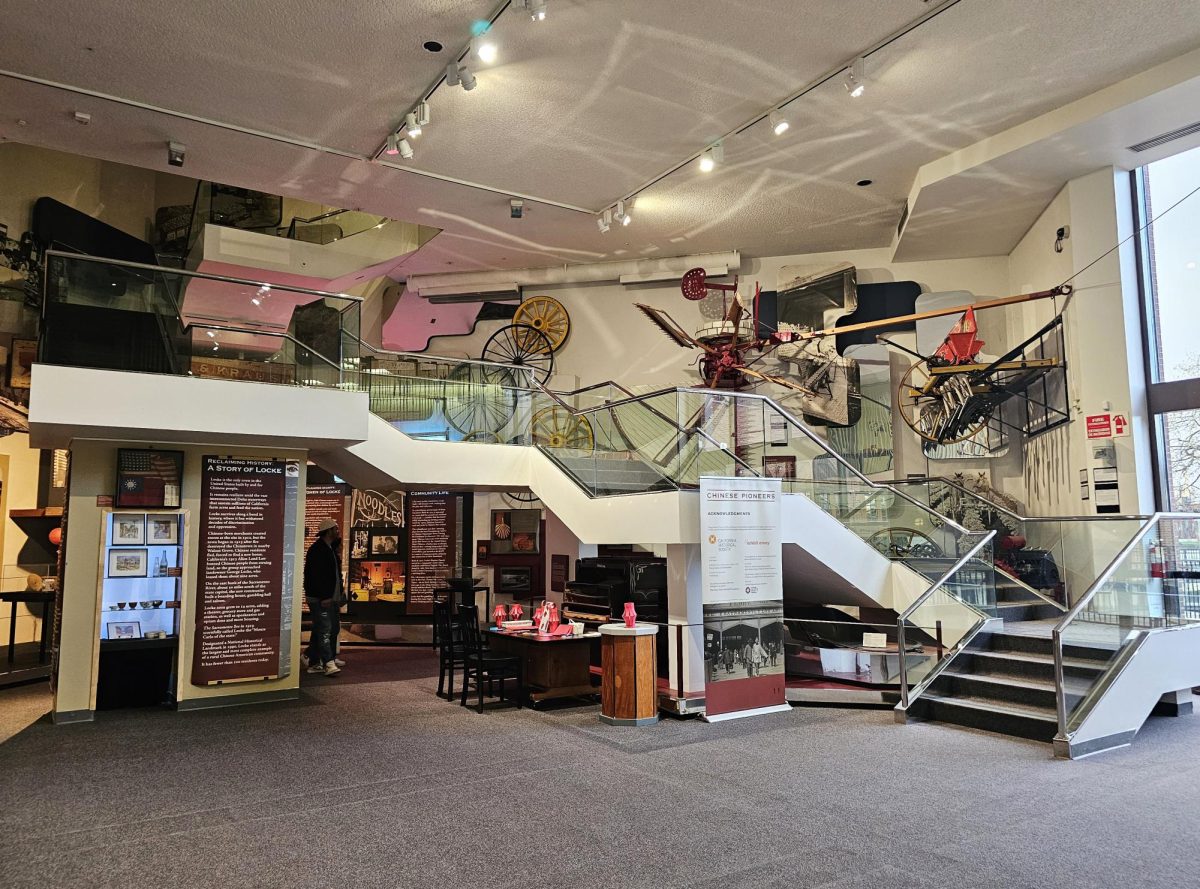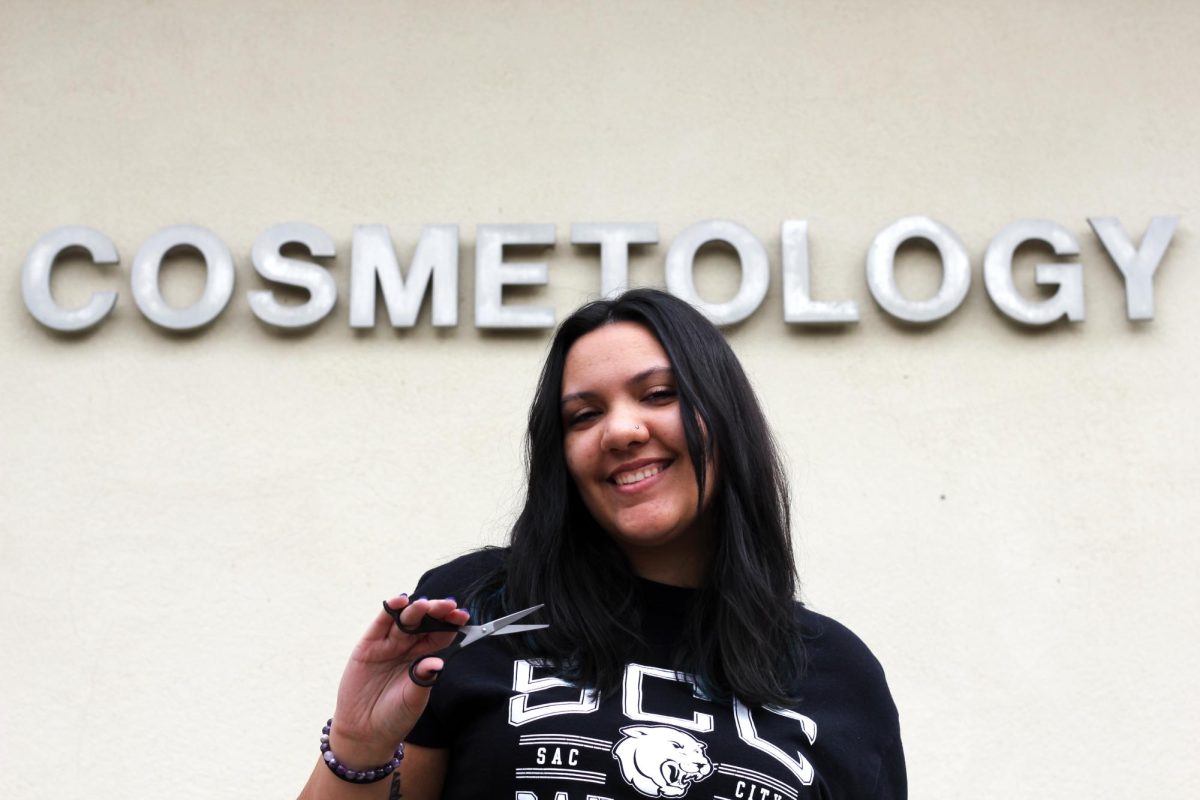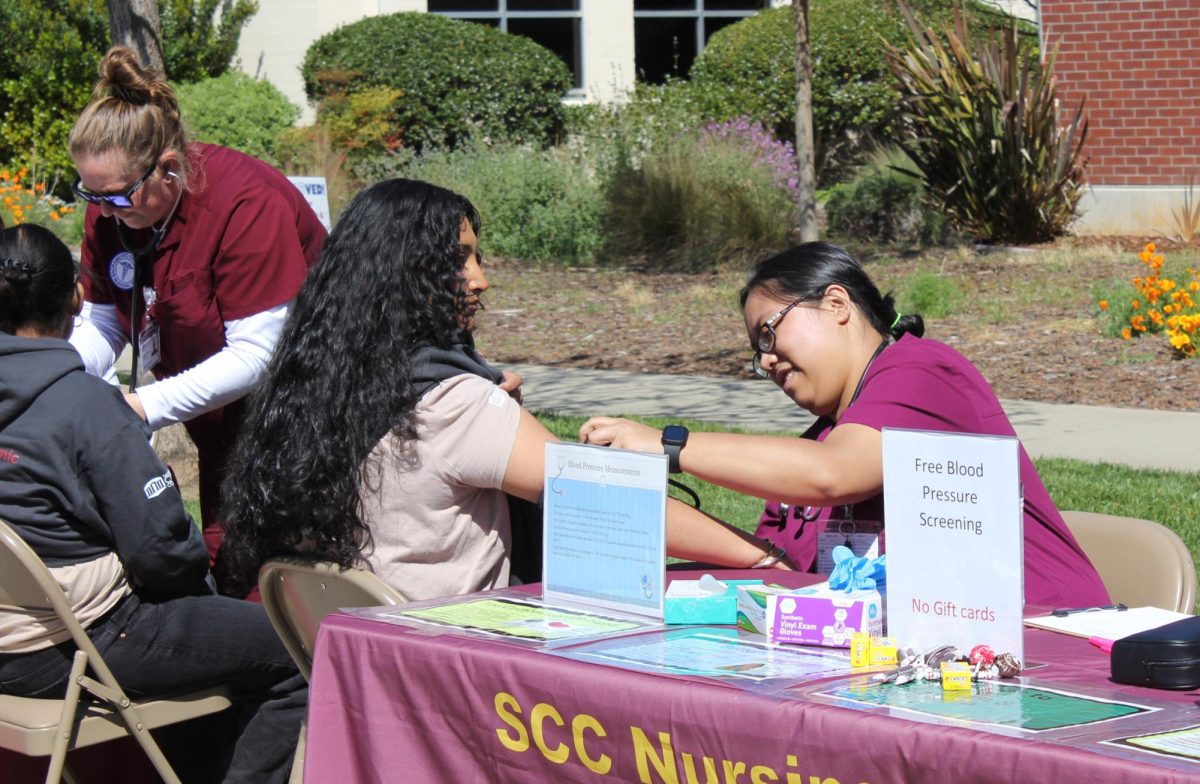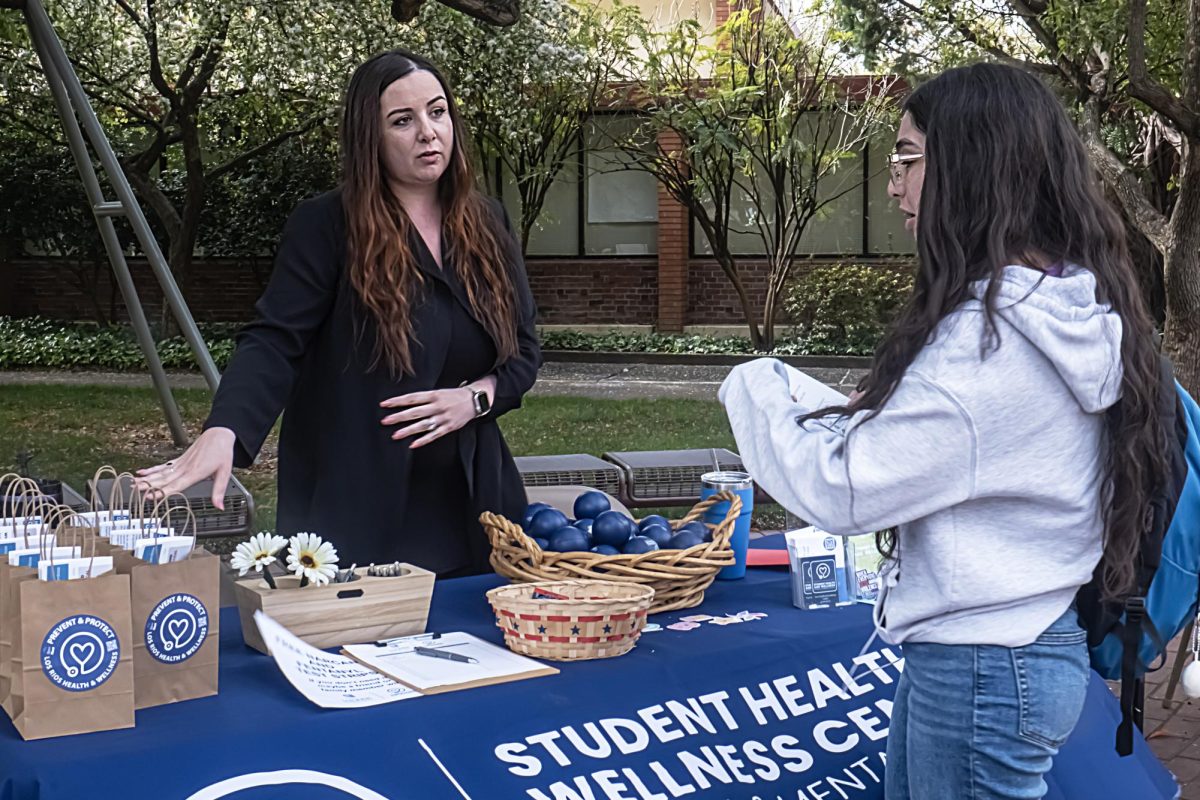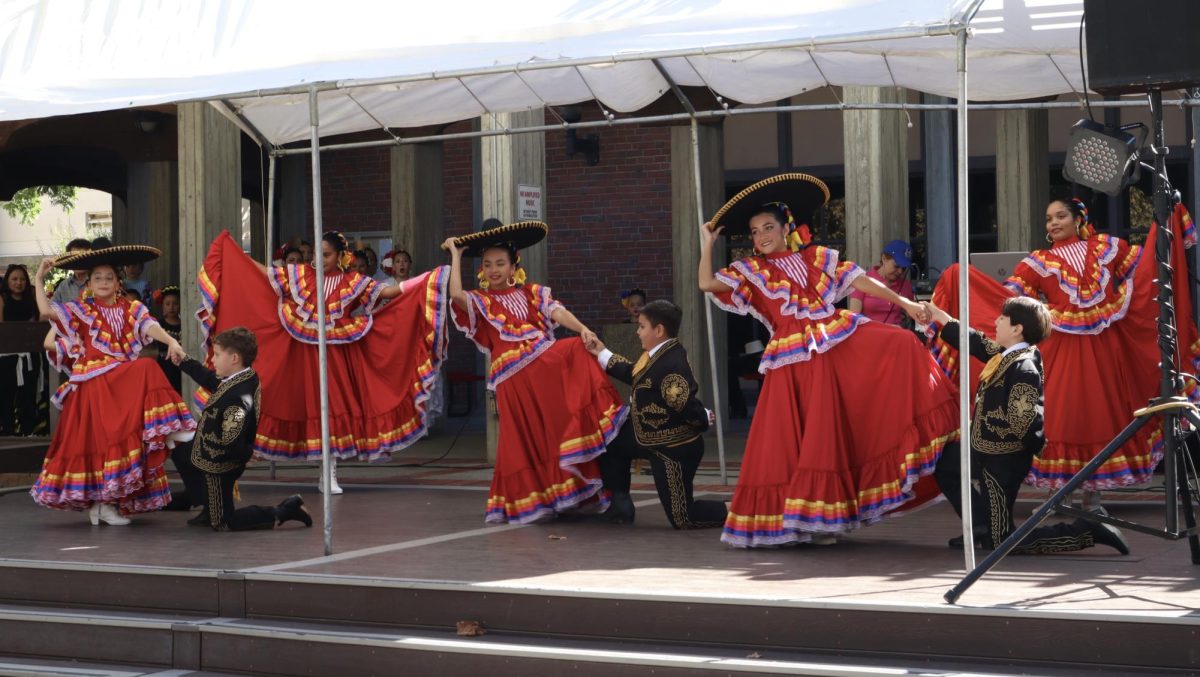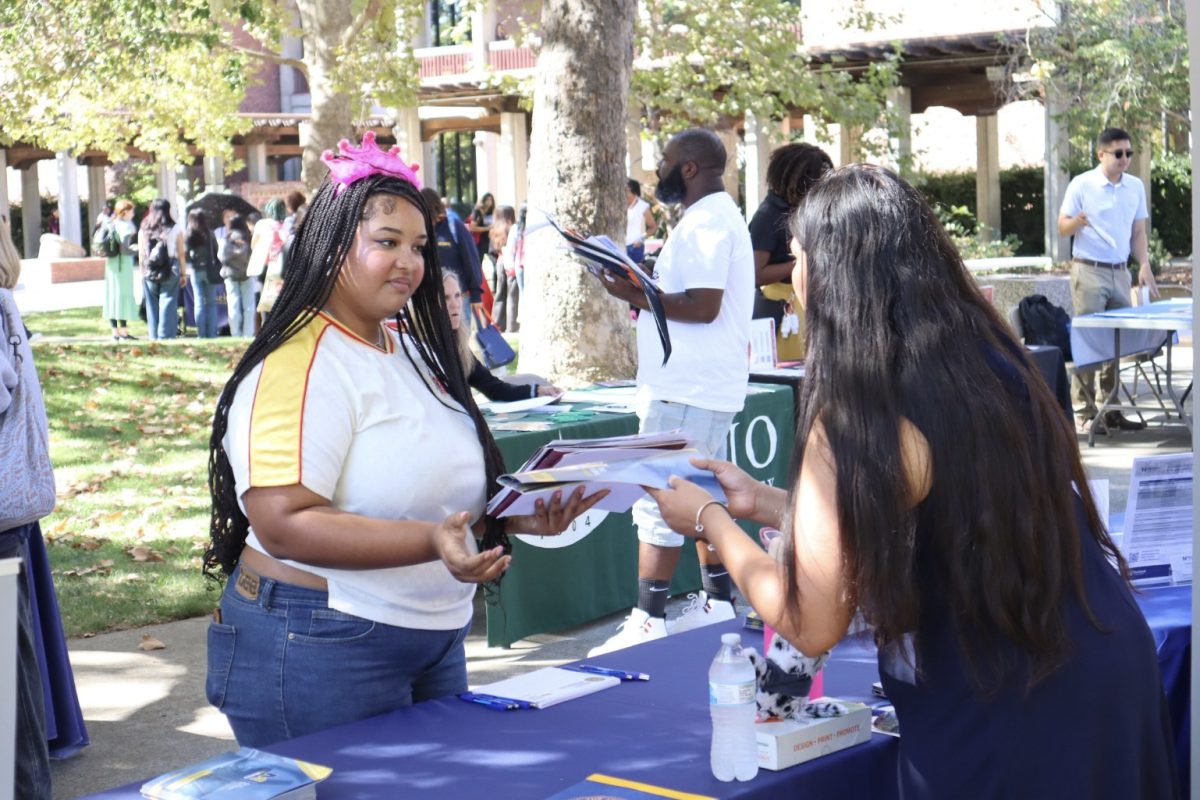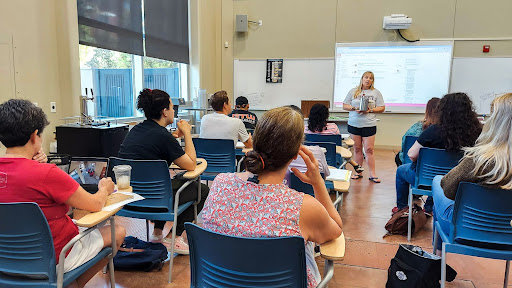
In an effort to increase overall awareness and broaden the discussion of domestic violence, My Sister’s House, a local non-profit dedicated to preventing domestic violence and providing shelter and support to abuse survivors, commissioned a play that premiered Feb. 4 in the City College Student Center.
The play, “Esperanza Means Hope,” was sponsored by the City College RISE Program and performed a second time on Feb. 7 with the help of Michael Benjamin, a student personnel assistant with RISE, who did everything from ensuring that the cast’s on-site needs were met to donating the use of his lighting rig for the performance.
“People don’t want to talk about [domestic violence],” said Nilda Guanzon Valmores, My Sister’s House Executive Director, explaining the decision to commission a play. Yet one out of four women will experience domestic violence in their lifetime, Valmores said, noting that without help, victims “lose [their] sense of hope.”
For people in Asian Pacific Islander communities, it can be even “harder for them to access help,” Valmores explained. “If you don’t access help, then you can’t begin the process of healing and stop the cycle of violence.”
“Esperanza Means Hope” was written by former City College students Conrad A. Panganiban and Gladys Imperio-Acosta with the intent to highlight domestic violence.
Panganiban also acted and co-produced the play.
For both Valmores and Panganiban, it was important that the play examined a variety of ways domestic violence affects women, men and the community as a whole. The characters of the play map out how particular patterns of abuse and how it changes with the intersection of factors in relationships regarding control of finances, immigration status and cultural background.
Panganiban said it was important not to have a one-dimensional picture of the abusers. “There [is] always going to be domestic violence if men don’t get rehabilitated,” he said about avoiding a stereotypical male abuser, adding sometimes, “They don’t even realize that what they’re doing is wrong.
But Panganiban said it’s bringing awareness to domestic violence that’s important, “how [the message] relates to the audience and how they respond to it.”
“It’s for the community,” Panganiban stressed, “and that’s who I’m writing for.”
Keith Muraki, a counselor with the City College RISE Program, agreed. “What we’re trying to do is bring the message,” Muraki said.
The play’s intent is to show “a lot of different types of relationship structures… each being impacted by domestic violence,” Valmores said, highlighting the fact that one of the domestic violence survivors depicted in the play is the victim of female violence in a same-sex partnership. Ultimately, she said, it’s about “People having conversations… that’s going to help carry the message.”















